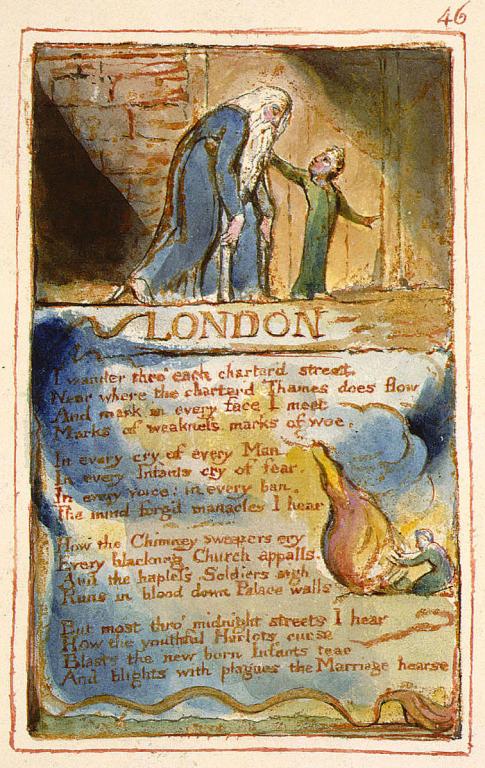
We were discussing the theme of quality of life recently n one of my ethics courses. A student named Jeff spoke up about his late mother-in-law. No, it was not a mother-in-law joke. Rather, it was a story of how much his mother-in-law meant to him. Jeff’s mother-in-law lived with his family for eighteen years. She suffered from dementia during her final years, where she could only function with assistance.
A family friend once remarked “I’d rather be dead” when observing Jeff’s mother-in-law’s state of dementia. Perhaps we feel the same way given similar situations. The remark sparked a conversation on what determines one’s quality of life.
What struck me most about Jeff’s reflection was his family’s response to his mother-in-law’s situation: “What about our quality of life with her? What about our quality of life if we were without her?” She brought him, his wife and their children great joy. Jeff remarked,
She brought great joy to us. We made her laugh (isn’t that quality of life?), and she made us laugh. We don’t kill our babies, do we? We make them smile and they make us smile. They are unable to be self-motivated or thrive without assistance. To me, this was just reverse engineering. Isn’t this caring for the least vulnerable?
Some of Jeff’s family’s friends argued that unlike little ones, elderly people in demented states don’t have potential. His response:
Well, she still had potential to impact our lives. My children helped with her care and learned valuable lessons because of it. How many 16 and 18 year-old-teenagers have the responsibility at times to change their grandparents’ diapers? Personally, this was a growth experience for them—one that taught patience, love, and service.
Jeff’s entire family’s quality of life grew because of caring for his wife’s mother. Although the care was emotionally and physically trying, they have gained many invaluable life lessons and precious memories.
It’s hard to comprehend what Jeff shared with the class if we look at the quality of someone’s life in individualistic capacity terms. It’s hard enough in our society to care for the elderly given that we are often lured away to bathe in the fountain of youth. Add to that challenge care for an elderly person with dementia, and it is excruciatingly taxing to compute. In fact, such valuation of the elderly person with dementia, as Jeff and his family modeled, might come across as downright crazy.
To make sense of what Jeff shared, we need to look at the quality of someone’s life in communal terms. We are who we are only in relation. Moreover, we need to expand our sense of communion to include those who are not simply young of limb and heart, but also impacted by the wear and tear of age. In spite of their lack of physical strength, the elderly are often strong in experience and wisdom. But what of those like Jeff’s mother-in-law who are no longer able to impart their wisdom to others due to dementia?
The Bible, Confucius’ Analects and tribal traditions here and abroad call on us to honor our elders. How can we abandon those who invested in us and made it possible for us to live out our potential as humans? What would it say about our civilization? It would be uncivilized, no matter how wealthy or technologically advanced we become. A society that abandons its elderly and infirm removes the opportunity to grow in virtuous compassion, which increases with use, as Aristotle and Jeff maintain. If we do not exercise our hearts, limbs and brains, they lose their vitality. Whether Aristotle would have made room in his polis for compassionate care for the elderly who were not of noble birth, or who were/are not virtuous, is worth considering. Also worth considering is the Bible’s emphasis on unconditional love for people no matter their nobility, virtue, wealth, or presumed quality of life.[1] What then is the quality of life for someone or a people who are rich in the world’s eyes, but not rich in looking out and caring for others? Such a family or nation’s quality of life is diminished, withering away in a collective state of dementia.
_______________
[1]“Aristotle is far from ignorant of the importance of human love; indeed, he devotes two whole books (NE VIII and IX) to the topic of friendship…And he notes that there is a sense in which one should love oneself, namely wishing for the very best for oneself (1168b30). But friendship (philia) is, on Aristotle’s conception, only possible with a few people; moreover, it can really exist only between good people. In contrast, the New Testament conception of love (agape, formerly translated as “charity”) is supposed to be universal and unconditional. It involves more, I take it, than Aristotle’s “good will” (NE1166b30). The ideal it puts before us is first that we should be loving or compassionate to all our fellow human beings, regardless of sex, race, class, ethnicity, or nationality. And, second, that our love or compassion should not depend on good behavior or individual talents, so that a change of heart and forgiveness should always be seen as possible. This twin ideal is almost impossibly demanding on our frail human nature. But we may feel that there is something missing from an ethic that does not even set it before us.” Leslie Stevenson, David L. Haberman and Peter Matthews Wright, Twelve Theories of Human Nature, sixth edition (New York: Oxford University Press, 2013), pages 113-114.












